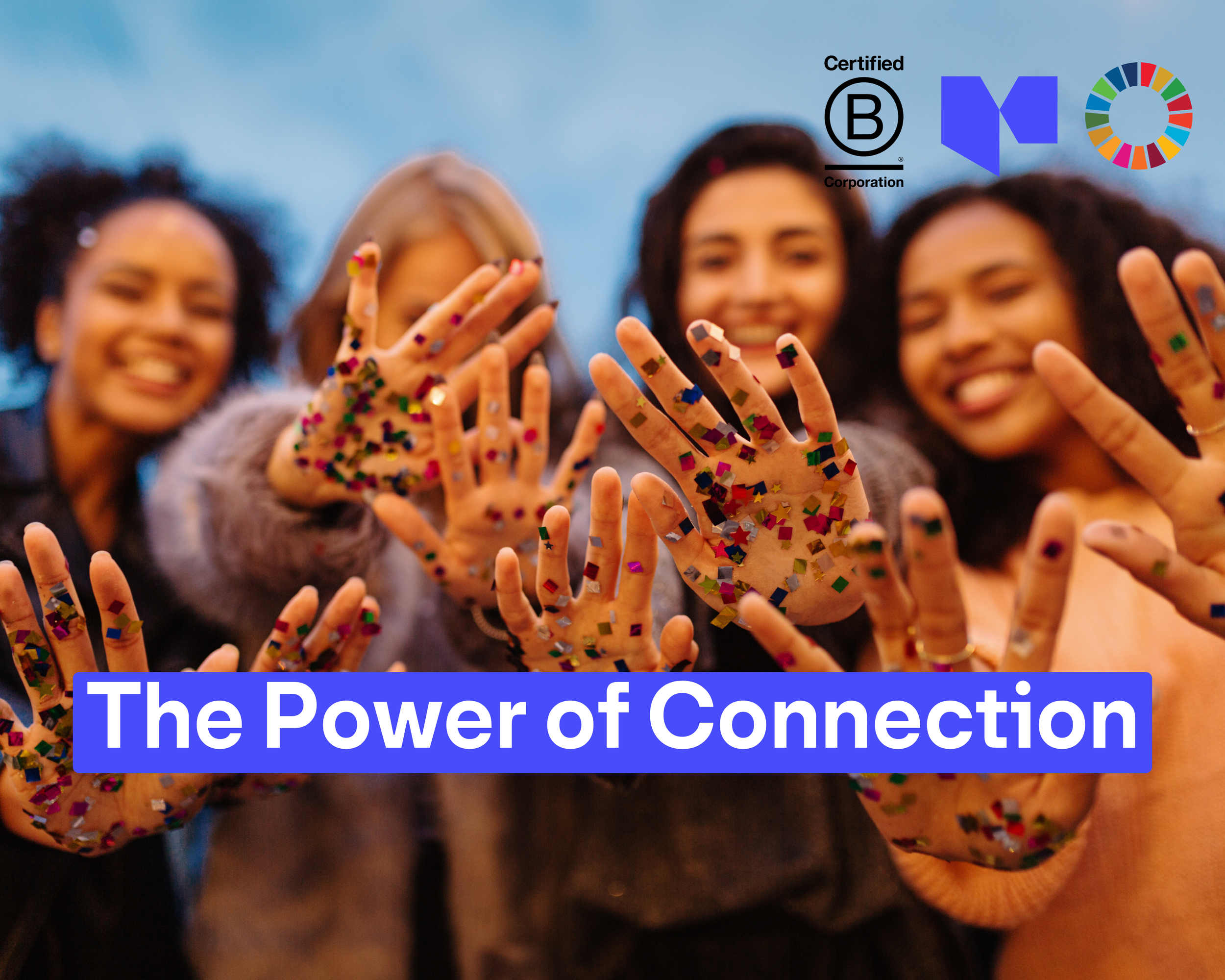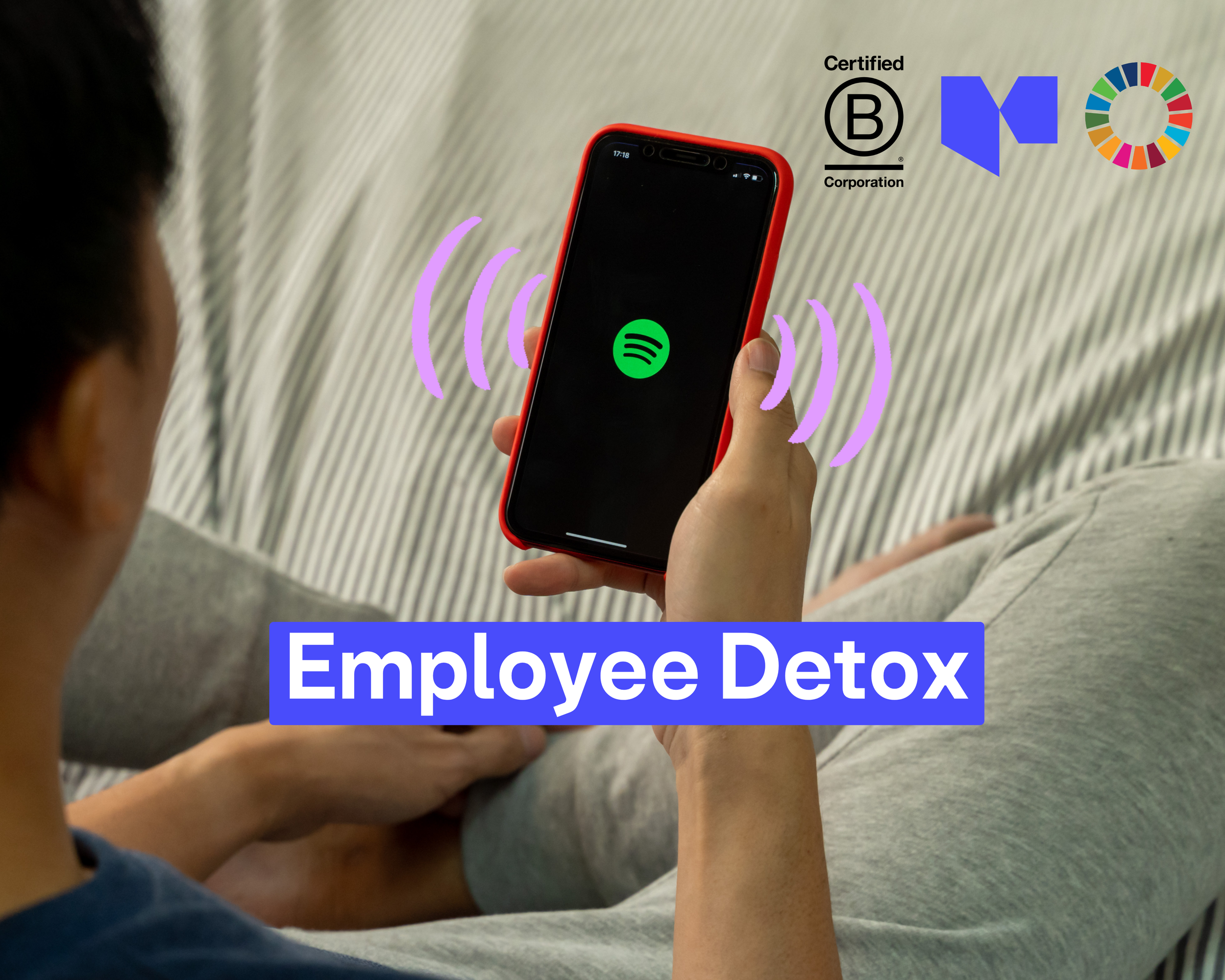
What Makes Us Truly Happy?
What Makes Us Truly Happy?
What are we missing?
Here’s a question to get you thinking: What really makes you happy? Is it the pursuit of financial success? A strong, supportive community? Or maybe it’s something a bit deeper, like finding purpose in the day-to-day?
According to Gallup’s 2024 World Happiness Report, Australia ranks as the 10th happiest country in the world. Not bad, right? But here's something fascinating: Older Australians, particularly those aged over 60, are much happier than the younger generation. In fact, Australians over 60 rank 9th globally, while those under 30 come in at 19th. What's driving this gap in happiness?
It’s not a global trend, but Australia, New Zealand, the US, and Canada are all seeing younger generations becoming less happy over time. Rising social media use, income inequality, the housing crisis, and concerns about climate change are considered top contributors. It’s a mix of economic, environmental, and social pressures that weigh heavily on younger people today.
What does this tell us? And more importantly, how can we take this insight to create more happiness in our own lives and workplaces?
It starts with recognising that happiness isn’t just an individual pursuit; it’s deeply influenced by the environments we create—whether at home or at work. Younger generations are looking for workplaces that prioritize purpose, well-being, and genuine connection. By fostering cultures of belonging and support, we can help close this generational happiness gap.
So, what can we do today to shape happiness for ourselves and those around us?

Is it what we think?
When we talk about happiness, we often think about wealth, success, or health. But here’s the kicker – more money doesn’t necessarily mean more happiness. Finder’s Consumer Sentiment Tracker (CST) found that increasing income only makes a significant difference in the lower income brackets. After a certain point, it’s not your paycheck that makes you happy – it’s other factors like relationships, health, and community connections.
What’s Driving Happiness in Australia?
Relationships Matter
Harvard’s famous 80-year study on adult development found that strong personal relationships are the most significant predictor of happiness and well-being. Married people tend to be happier than those who are divorced or never married.
Work-life harmony
While many Australians appreciate job security and flexibility, long working hours and dissatisfaction with pay are real happiness blockers.
Part-time workers tend to be happier, reporting more satisfaction compared to full-time employees dealing with long hours.
Trust in Intuition
People who trust the government and their community report higher levels of happiness. It turns out that believing in something bigger than ourselves – whether it's a higher power or a well-functioning system – contributes to a sense of well-being.
Financial Security
While wealth alone doesn’t guarantee happiness, financial security plays a foundational role. Australians who feel financially secure, with stable housing, manageable debt, and savings for the future, experience lower stress and higher overall life satisfaction. It's not about becoming rich, but having enough to feel safe and secure in daily life.

Is it possible to have a happier workplace?
Absolutely. Take Spotify, for example. They launched their "Work from Anywhere" policy, letting employees choose where to work. But they didn’t stop there. Recognising the importance of mental well-being, they launched "Wellness Week," providing staff with a fully paid week off to recharge, along with the "Heart & Soul" program, which offers robust mental health support.
As Spotify’s CHRO, Katarina Berg, put it: “All Spotify offices will be closed so that employees everywhere can recharge and do something that brings them joy.”
And the impact? A 94% retention rate and a happier, more productive team. Spotify proves that prioritising employee well-being and flexibility isn’t just good for individuals—it’s a winning strategy for the company, too.
And Spotify isn’t alone. This shift towards well-being and flexibility is part of a broader workplace movement. Gallup’s State of the Global Workforce report found that 6 in 10 people are emotionally detached at work, and 18% are miserable. This data underscores an important truth: workplace happiness is no small issue. It directly affects engagement, productivity, creativity, and, ultimately, profits.
For instance, happier employees aren’t just 20% more productive, as Forbes reports—they also drive a 21% increase in profits in highly engaged companies, according to Gallup.
Tips for a Happier Workplace:
Mindfulness and Stress Management: Encourage practices like meditation to help employees manage stress.
Create a Psychosocially Safe Culture: Support employees in embracing change and create spaces where everyone feels safe to challenge, share ideas and bounce back from mistakes.
Fostering Strong Relationships: Create opportunities for employees to build meaningful connections through team-building activities, social events, or collaborative projects. Strong interpersonal relationships at work increase trust, communication, and overall job satisfaction, contributing to a happier workplace culture.
Recognition and Appreciation: Implement regular recognition programs to show employees that their efforts are valued. Whether through formal awards, peer-to-peer recognition, or simple words of appreciation, acknowledging contributions fosters a sense of belonging and motivation, which boosts happiness and morale.
Promoting Work-life Harmony: Encourage a culture that respects work-life boundaries by promoting flexible work schedules, remote work options, and respecting time off. When employees feel they can balance their personal and professional lives, they’re more likely to experience less stress and greater overall happiness.
